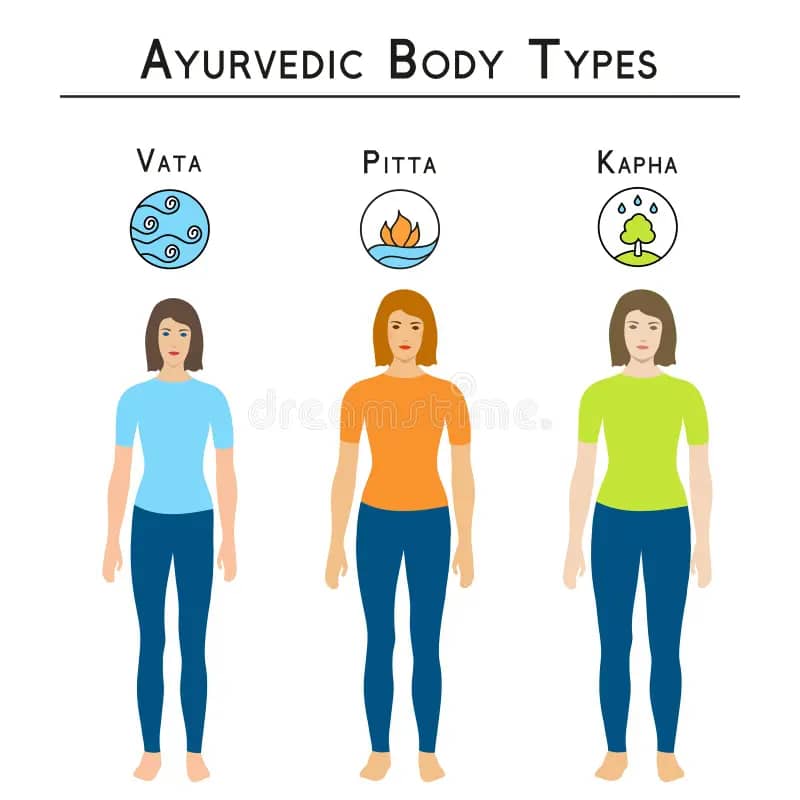
Ayurveda can prove to be effective for a variety of diseases. Ayurveda focuses on how different food items affect the body. In this modality eggs do hold a complex position as they are considered as a common protein source for many people around the world. So take a look at how Ayurveda views the consumption of eggs.
What Is The Position Of Eggs in Ayurvedic Classification?
In Ayurveda, eggs are considered a source of nourishment, suitable for balancing Vata dosha due to their grounding properties. They may be less ideal for Pitta and Kapha types.
In ayurveda food items fall into three categories: sattvic, rajasic and tamasic. Eggs generally belong to the category of tamasic foods. The characteristic of tamasic foods is that they tend to promote sluggishness, lethargy and dullness.
Kapha dosha is believed to increase due to the heavy nature of eggs while pitta dosha can be aggravated because of its heating nature. Nevertheless, Vata dosha can sometimes be balanced by eating eggs since it makes one feel grounded.

What Are The Nutritional Properties of Eggs in Ayurveda?
In Ayurveda, eggs are valued for their high protein content, rich in essential amino acids, and nourishing qualities. They are considered beneficial for Vata dosha but should be eaten in moderation for balance.
Ayurveda recognizes eggs as dense sources of proteins adding that Protein builds tissues; repairs damaged ones, adds muscle mass. It builds overall strength in individuals who engage much physical labor.
According to the Ayurveda perspective, digestion becomes heavy when you eat an egg; hence, it only suits those with strong digestive fire (Agni) but may also trouble weaker digestive systems. Proper digestion is important according to Ayurveda since undigested food can cause toxins called ama.
An egg is said to have a heating effect on the body, and this can be useful during colder months or for individuals with a Vata constitution.
What Is The Ayurvedic Perspective on Egg Parts?
In Ayurveda, the egg white is considered more balancing for Vata dosha, while the yolk is seen as more nourishing and warming. Both parts should be consumed in balance according to individual needs.
This ancient practice typically views egg whites as less problematic than whole eggs. They digest more quickly and have a cooling effect, which makes them more suitable for Pitta-dominant individuals.
Yolks are considered to be heavier and warmer compared to egg whites. They contain most of the fat we find in the complete egg. It has the potential of increasing Kapha while possibly also increasing Pitta.
In Ayurvedic terms it is important to eat according to the season. For example, eggs will fit better into menus during winter when warming and grounding food is needed.
How To Prepare Eggs the Ayurvedic Way?

In Ayurveda, prepare eggs by cooking them with gentle spices like turmeric and black pepper. Avoid heavy or oily preparations and opt for methods like steaming or boiling for better digestion.
If one chooses to eat eggs, according to Ayurveda guidance here is how to prepare them.
The digestibility of eggs is enhanced by deep cooking as opposed to eating them raw or soft-boiled. The addition of spices that are digestive in nature like black pepper, cumin, or ginger can help neutralize the heaviness of eggs.
It is best not to combine eggs with heavy foods such as cheese and meat since they could overload the digestive system. Eggs should be eaten earlier in the day when Agni is the strongest.
Can I eat eggs in Ayurveda?
In Ayurveda, eggs are generally considered appropriate for those with a Vata dosha due to their grounding and nourishing qualities. However, they may be less suitable for Pitta and Kapha types. Moderation and individual constitution are key considerations.
Eggs are allowed by Ayurveda but with limited quantities based on individual dosha balance. They are considered as a good source of protein particularly useful to people with Vata or Pitta constitutions because they provide nourishment and strength.
However eggs may not be recommended for individuals with Kapha constitution or specific medical conditions in some cases . It should be noted that according to Ayurvedic principles it is best to consume fresh organic eggs that have been lightly prepared.
Conclusion
Thus ancient practice recognizes eggs’ nutrition but warns about its effects on dosha balance and digestion. Whether or not eggs should be included in Ayurvedic food depends on each person’s unique constitution, digestive fire strength, and overall health goals.

